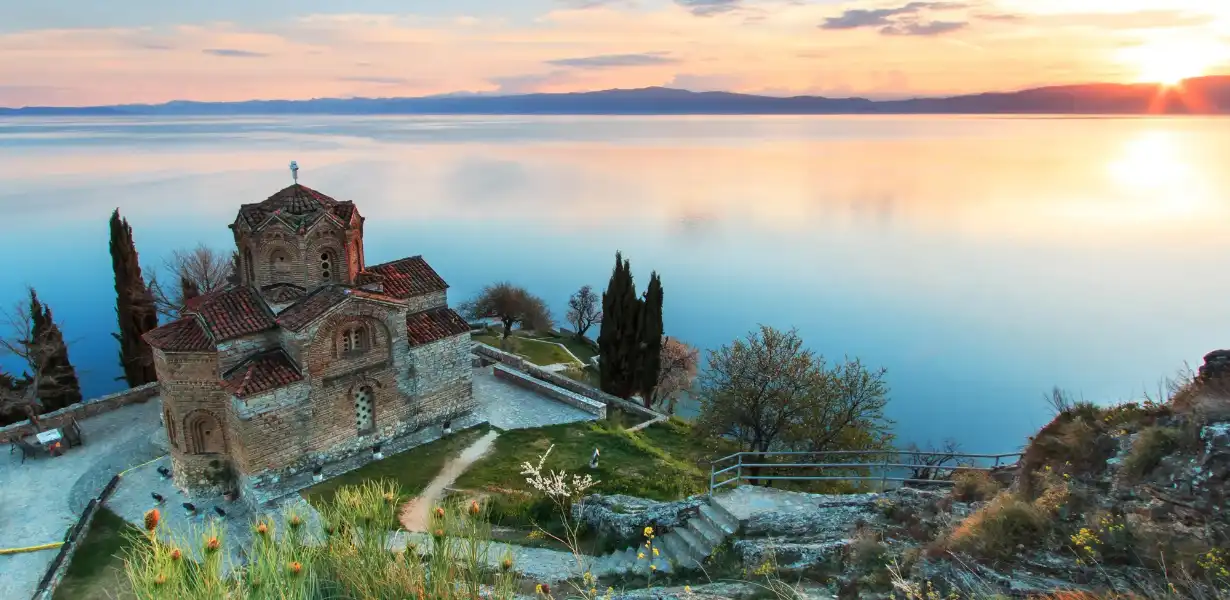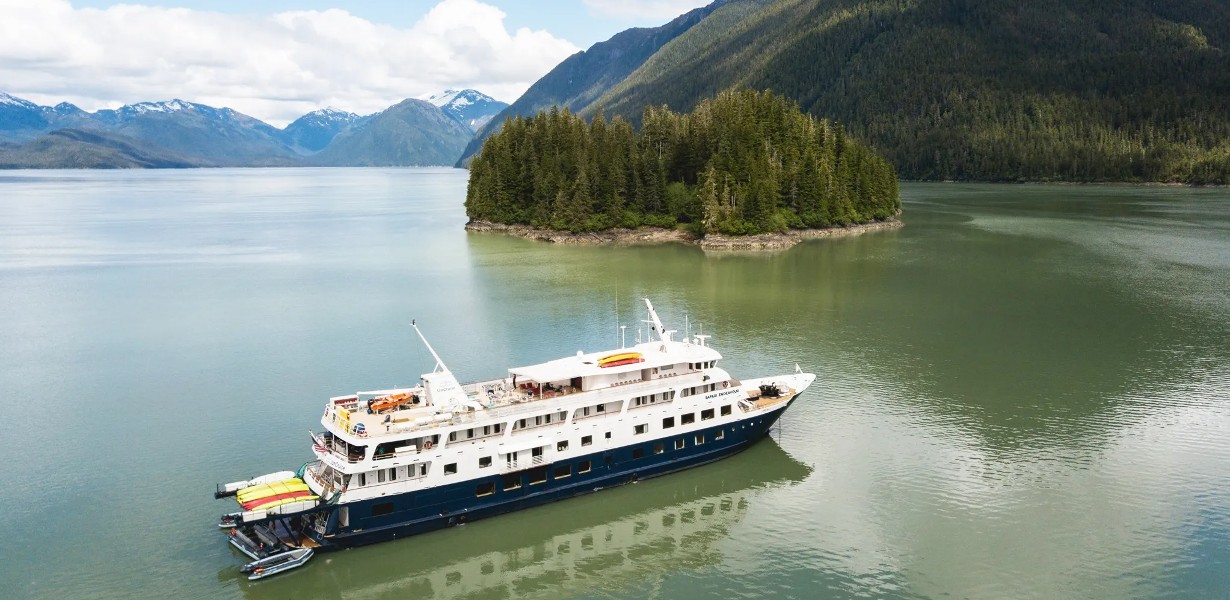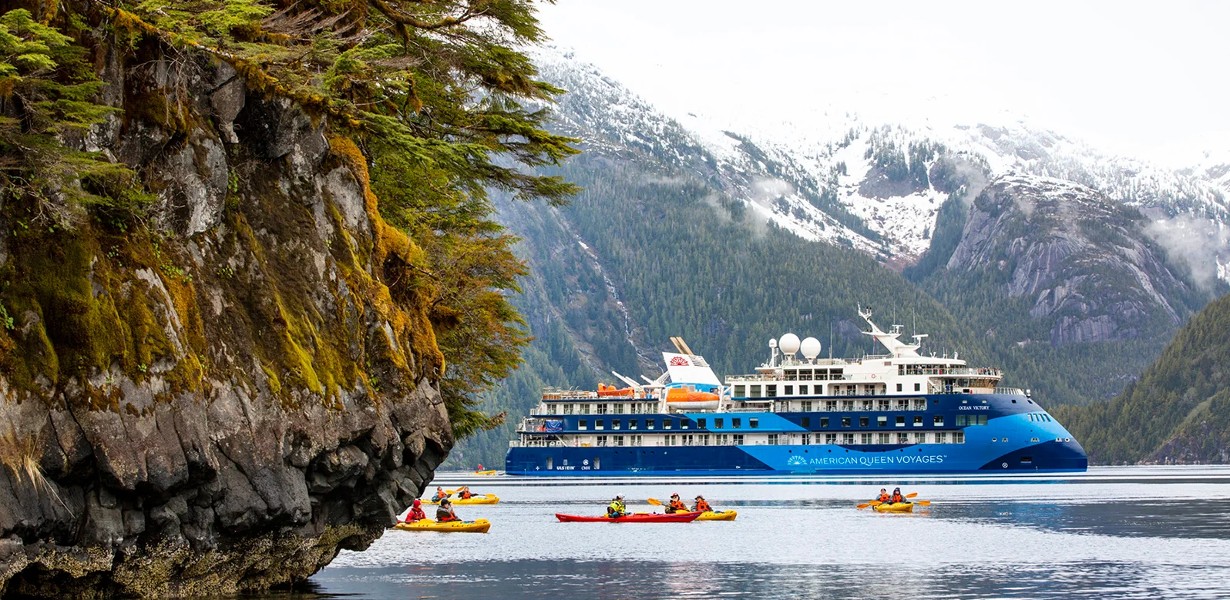
Western Balkans: Navigating the Path to EU Integration
- Post
- August 22, 2023
- Destinations, Europe, Western Balkans
- 0 Comments
The Western Balkans, a region enriched with historical significance and cultural diversity, are in the spotlight as they chart their course towards European Union (EU) integration. This transformative journey holds promise for the region’s countries – Albania, Bosnia and Herzegovina, Kosovo, Montenegro, North Macedonia, and Serbia – as they work diligently to align with EU standards, foster regional cooperation, and overcome challenges that have defined their past.
A Rich Tapestry of Cultures and Landscapes
The Western Balkans, nestled at the crossroads of Europe and the Mediterranean, boasts a mesmerizing blend of cultures, languages, and landscapes. From the pristine Adriatic coastline to the rugged Dinaric Alps, this region offers a unique amalgamation of historical influences, reflected in its architecture, cuisine, and traditions. The Balkans people, renowned for their warm hospitality and resilience, have thrived despite the complex history that shaped their identities.
The EU Integration Plan: Bridging Aspirations and Realities
As the Western Balkans aspire to join the EU, the region has set forth a comprehensive plan to address critical socio-economic and political challenges. The EU Balkan integration initiative aims to enhance governance, strengthen the rule of law, combat corruption, and stimulate economic growth. By aligning with EU values and standards, the countries in the Balkans are striving to cultivate an environment conducive to sustainable development and European convergence.
Harmonizing Diverse Agendas: A Delicate Balancing Act
Within the Western Balkans, each nation’s unique history, aspirations, and geopolitical affiliations create a dynamic landscape that requires careful diplomacy and negotiation. The EU Balkan strategy acknowledges this complexity, emphasizing the importance of fostering reconciliation, resolving border disputes, and promoting good neighborly relations. The journey towards EU integration necessitates collaboration and mutual understanding, crucial elements for lasting stability in the region.
Challenges on the Path: Addressing Socio-Economic Disparities
While progress is evident, the Western Balkans still grapple with socio-economic disparities and structural deficiencies. High youth unemployment rates, inadequate healthcare systems, and limited access to quality education challenge the region’s prospects for sustainable development. The EU Balkan integration plan underscores the need for targeted reforms that address these issues, laying the groundwork for inclusive growth and shared prosperity.
People, Culture, and Heritage: A Cornerstone of Identity
The Western Balkans’ cultural richness and historical heritage play a pivotal role in shaping the region’s identity. From the Ottoman legacy in Bosnia and Herzegovina to the Byzantine influences in Kosovo, these nations carry the echoes of their past into the present. Preserving cultural heritage and promoting intercultural dialogue are key components of the EU integration process, fostering a sense of belonging and shared history.
A Regional Framework for Cooperation: Strengthening Ties
Recognizing the importance of regional cooperation, the Western Balkans have embarked on initiatives aimed at enhancing connectivity and collaboration. Infrastructure projects, energy cooperation, and joint efforts to address environmental challenges are pivotal steps towards solidifying stability and interdependence among the Balkans countries. These collaborative ventures not only promote economic growth but also contribute to fostering a climate of mutual trust.
The Power of People-to-People Exchanges: Building Bridges
People-to-people exchanges serve as a bridge between the Western Balkans and the EU, fostering understanding and building lasting connections. Scholarships, cultural events, and youth programs play a vital role in cultivating relationships between the Balkans people and their European counterparts. These interactions not only promote cross-cultural awareness but also instill a sense of shared values and aspirations.
A Glimpse into the Future: Prospects and Potential
While challenges persist, the Western Balkans hold immense potential for growth and transformation. The EU integration process serves as a catalyst for positive change, encouraging institutional reforms, economic development, and political stability. As the Balkans countries align their policies and regulations with EU standards, they position themselves to contribute actively to the broader European community.
Final words
The Western Balkans’ journey towards EU integration is a testament to the region’s resilience, cultural diversity, and unwavering determination. Through collaborative efforts, targeted reforms, and a shared commitment to European values, these nations are navigating the path towards a brighter, more connected future.
Commonly Asked Questions
Q1. What is the Western Balkans’ EU integration plan?
The EU integration plan outlines a strategic framework for Western Balkans countries to align with EU standards, foster regional cooperation, and overcome challenges on their path to membership.
Q2. How does cultural heritage impact the integration process?
Cultural heritage plays a vital role in shaping the region’s identity and fostering a sense of belonging. Preserving heritage and promoting intercultural dialogue are key components of the EU integration journey.
Q3. What are the main challenges the Western Balkans face?
The region faces challenges such as high youth unemployment, limited access to quality education, and inadequate healthcare systems. The EU integration plan addresses these issues through targeted reforms.
Q4. How does regional cooperation contribute to stability?
Regional cooperation enhances connectivity and collaboration among Western Balkans countries. Joint infrastructure projects, energy initiatives, and environmental efforts promote stability and mutual trust.
Q5. How does the EU integration benefit the Western Balkans?
EU integration serves as a catalyst for positive change, encouraging economic development, political stability, and institutional reforms. The process positions the Balkans to contribute actively to the broader European community.






